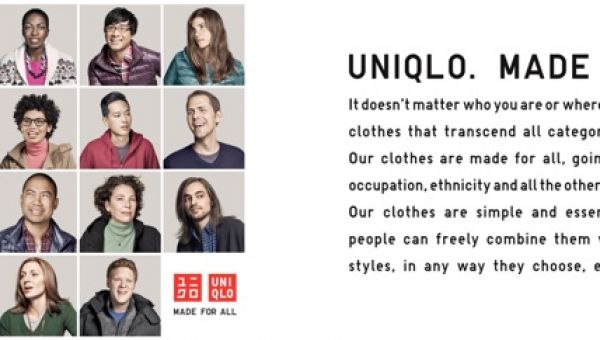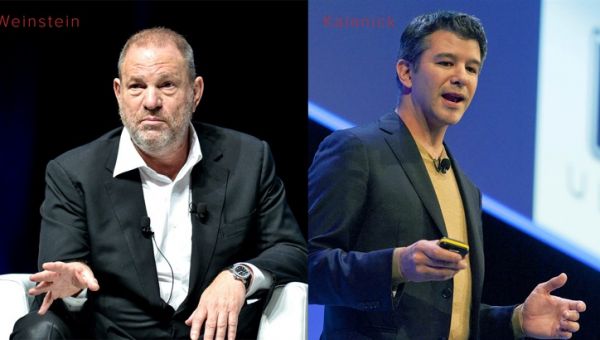Consumer expectations have been completely reconfigured by innovations such as virtual assistants, service upgrades and seamless personalization. The same consumer is also besieged by offers of free trials, slashed prices and seductive perks. As one consequence, 78% of consumers say they retract loyalty faster today than they did just three years ago (Accenture, February 2017).
Consumers now expect their brands to magically adapt to their ever-changing needs, wants and whims. As a result, the next iteration of customer service will include a form of post-purchase forgiveness whereby customers expect all kinds of products and services to ‘forgive them’ when they change their minds about the item they selected, the size they chose, or the service options they wanted.







